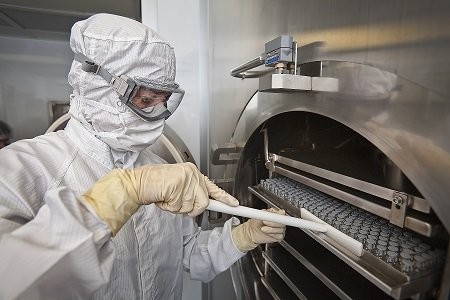- Home
- Product
- Patient
- Order Online
- Prescription Quote
- Collect at your Pharmacy
- Find a Pharmacy
- Find a Integrative Doctor
- Track my Medicine
- What is a Compounding Pharmacy?
- Child Friendly Medication
- Vet & Animal Compounding
- Easy to Swallow Pills
- Motion & Seasickness
- Medication without the Additives
- Unavailable Medications
- Schedule 8 Shipping Waiver
- Pharmacists
- Prescribers
- Shop
- FAQs
- About
- Careers
- Contact Us
- Home
- Product
- Patient
- Order Online
- Prescription Quote
- Collect at your Pharmacy
- Find a Pharmacy
- Find a Integrative Doctor
- Track my Medicine
- What is a Compounding Pharmacy?
- Child Friendly Medication
- Vet & Animal Compounding
- Easy to Swallow Pills
- Motion & Seasickness
- Medication without the Additives
- Unavailable Medications
- Schedule 8 Shipping Waiver
- Pharmacists
- Prescribers
- Shop
- FAQs
- About
- Careers
- Contact Us
What’s the difference between a compounding pharmacy and a drug manufacturer?

In our great-grandparent’s day, all pharmacies were compounding pharmacies. If you were sick, you’d visit your local doctor who would write you a script which you’d take to your local pharmacy. The pharmacist would make up your medication, from scratch, on site, using raw ingredients, according to the directions on the script.
The large drug manufacturers that we know today began as small concerns after the second world war. They quickly grew in size and profitability and soon came to dominate the pharmaceutical industry. Unable to financially compete with these huge multi-national corporations, the old-fashioned compounding chemist all but died out. However some still survive as they fill a niche in the market and provide a customised service that drug manufacturers are unable to.
Following are the key differences between a compounding pharmacy and the drug manufacturers:
| Compounding Pharmacy | Drug Manufacturer | |
| Method of manufacture | Customised medication is made from scratch by a specially-qualified chemist as directed by a doctor in a script. The medication is specifically made to suit the needs of the individual. | Medication is mass-produced in a factory to a set formula approved by federal drug agencies, ie the TGA in Australia or FDA in the USA. |
| Ingredients used | Raw ingredients are sourced from wholesalers approved (in this country) by the Therapeutic Goods Administration (TGA). Each ingredient comes with a certificate of accuracy (CoA). At NCC we also randomly sample and test new ingredients to ensure the provided CoA are accurate.
A compounding chemist may not need to use preservatives in their products because the products are collected and used immediately by patients. |
Raw ingredients are sourced from ingredient manufacturers approved by federal drug agencies. (ie TGA, FDA)
Preservatives may be used in mass-produced medications as they are shipped around the world and may remain in storage for long periods of time. |
| Manufacturing facilities | NCC’s facility was built in line with the Pharmacy Board of Australia, PSA (Pharmaceutical Society of Australia) and USP (United States Pharmacopoeia) guidelines.
To avoid product cross–contamination our laboratory has three separate rooms, each with a designated function
|
Medication is manufactured in factories that conform with the guidelines of the drug authority of the country in which the medicine is going to be sold, ie Medicines sold in Australia, must be produced in a TGA approved manufacturer anywhere around the world. |
| Location of manufacture | All medications are made locally, on site, at the compounding chemist’s premises. | Roughly 43% of the world’s commercial drugs are manufactured in China; 39% in India; 13% in the United States and 5% in other countries (not Australia).
|
| Registration | All compounding chemists in Australia must be registered with the Pharmacy Board of Australia and the Australian Health Practitioner Regulation Agency (AHPRA), and meet these agencies’ very strict guidelines.
NCC is also a certified QCPP (Quality Care Pharmacy Practice) pharmacy administrated by the Pharmacy Guild of Australia.
|
Drug manufacturers must be registered with the relevant public health and drug administration agencies in the countries where their products are sold, ie (TGA or FDA) |
| Price of product | As the compounding pharmacy market is competitive, price is generally responsive to competition and the usual market forces. | As they have the monopoly on their products, the drug manufacturer sets its own price for each product it sells. Prices may vary from country to country. |
